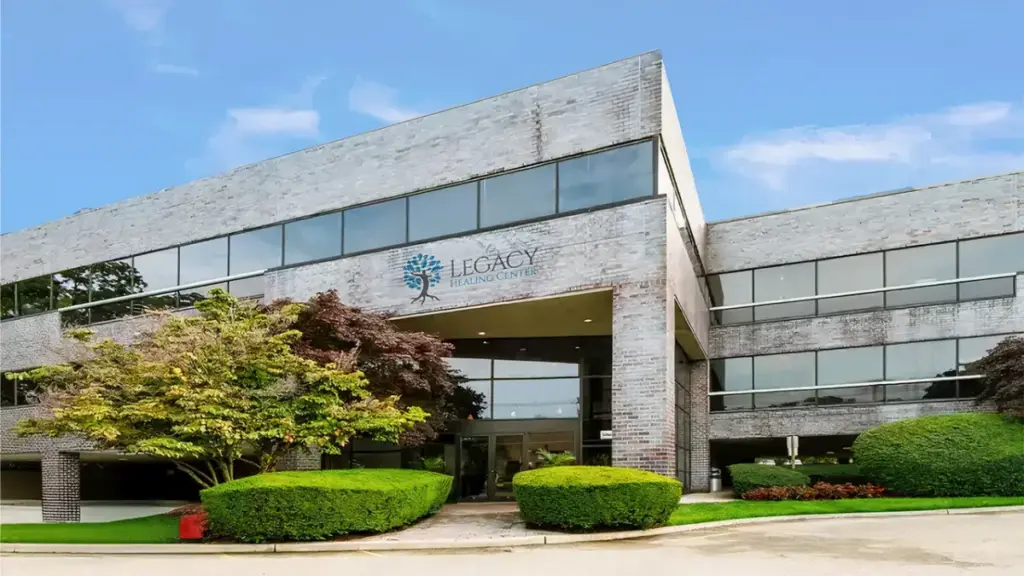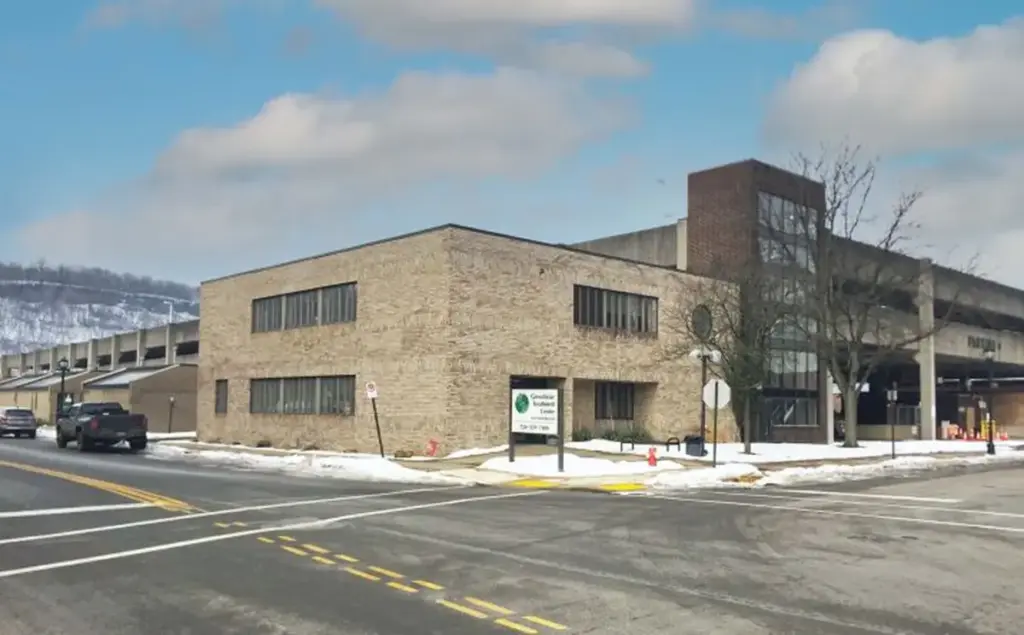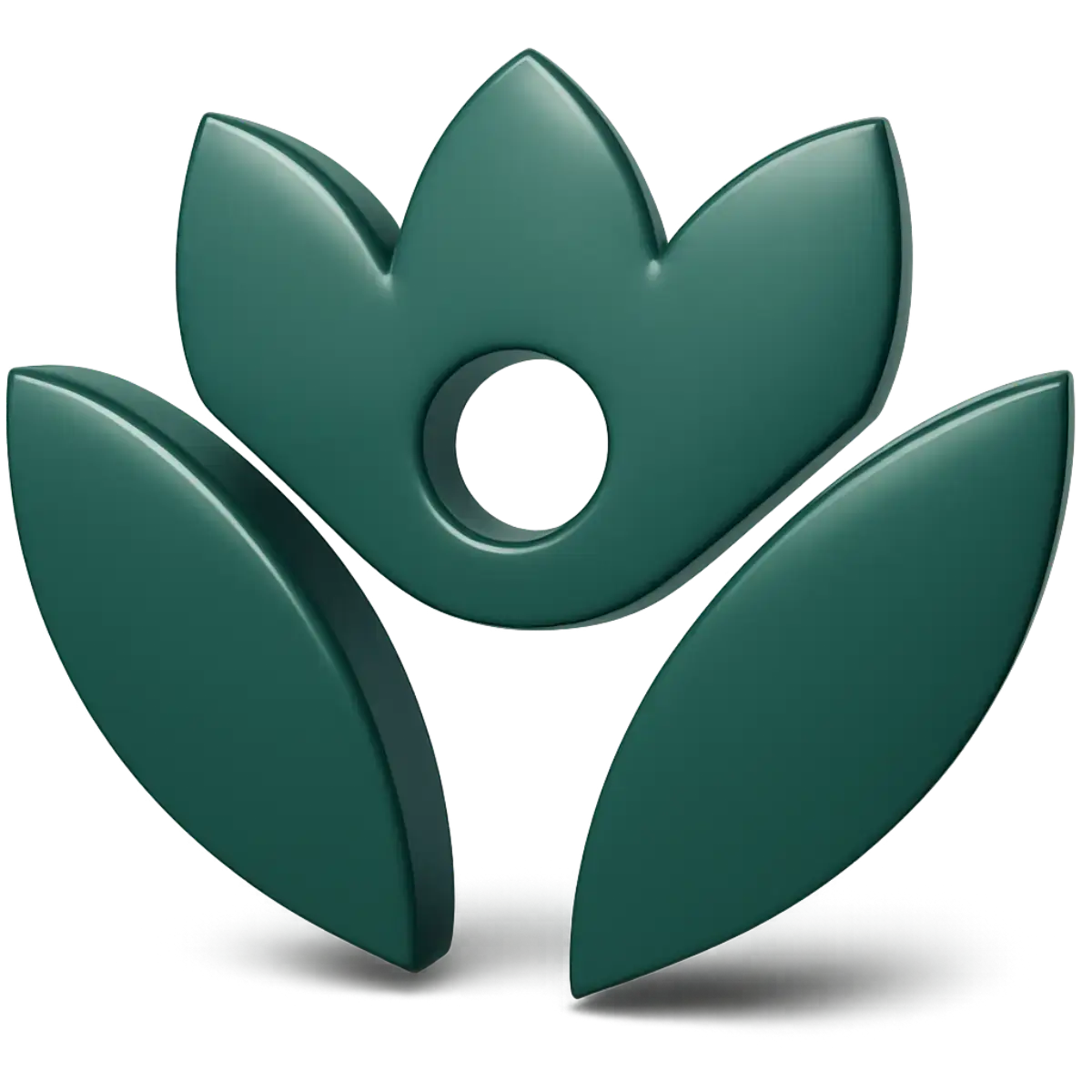AddictionResource aims to present the most accurate, trustworthy, and up-to-date medical content to our readers. Our team does their best for our readers to help them stay informed about vital healthcare decisions.
Our writers and reviewers are experienced professionals in medicine, addiction treatment, and healthcare. AddictionResource fact-checks all the information before publishing and uses only credible and trusted sources when citing any medical data. The Verified badge on our articles is a trusted sign of the most comprehensive scientifically-based medical content.
If you have any concerns that our content is inaccurate or it should be updated, please let our team know at info@addictionresource.com.











 FindTreatment.gov
FindTreatment.gov